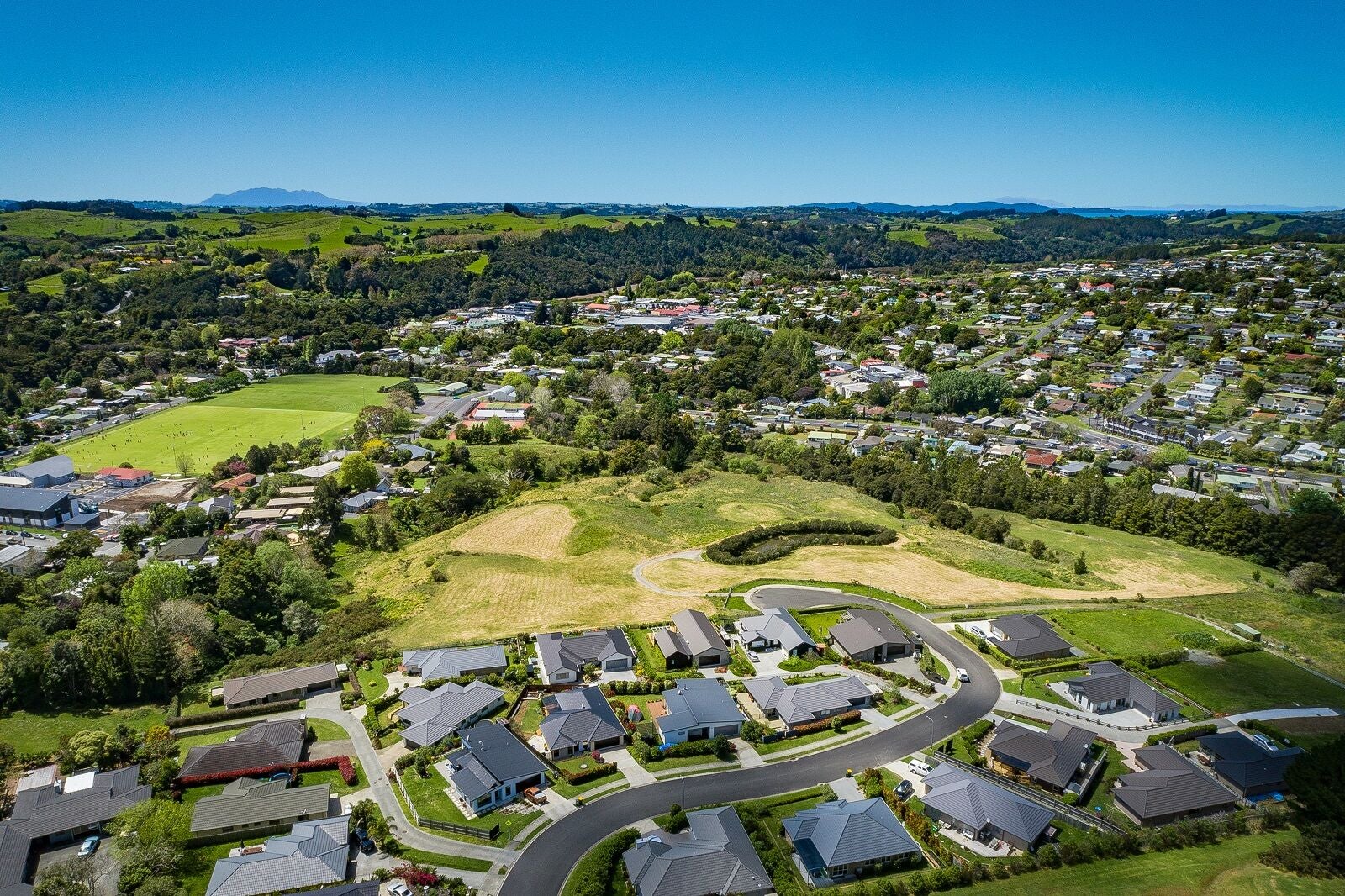High-density housing tipped on development site for sale in Warkworth growth zone

A large development site for sale in the heart of one of New Zealand’s fastest-growing towns has been tipped as the location for a high-density residential subdivision.
The nearly six hectares of bare freehold land for sale at Belvedere Place, Warkworth, is surrounded by established housing just a few hundred metres from the town’s central business district. The site has been mooted for a potential townhouse or apartment development of more than 300 homes, or possibly a retirement village.
With just under 5,600 residents at the 2018 New Zealand census, Warkworth’s population is expected to explode to 25,000 by 2030 as it is targeted as a major growth hub by Auckland Council.
Expansion of the North Auckland town will be supported by the Puhoi-to-Warkworth motorway extension and Matakana Link Road which will remove traffic bottlenecks and greatly improve connections with Auckland city. Due for completion in 2022, these will join Warkworth a couple of kilometres north of the Belvedere Place site.
Property experts say the town’s growth, combined with a supportive planning framework, gives the Belvedere Place property enormous potential for development.
The freehold bare land at Belvedere Place, Warkworth, is now being marketed for sale by way of a tender closing on 9 December (if not sold prior) through Bayleys in the North.
Salespeople Chris Blair and Henry Napier said the Warkworth site consisted of some 5.95 hectares of gently-sloping land beside the Mahurangi River, with dual access from Belvedere Place and Shoesmith Street.
Mr Blair said the site for sale was the only property in North Rodney currently zoned to provide for high-density housing.
The site’s Residential – Mixed Housing Urban zoning under Auckland Council’s unitary plan, allowed up to three storeys of residential development and minimum site sizes of 240 square metres as a permitted use, he said.
“Up to three dwellings per site are permitted as of right, subject to meeting regulatory standards – though greater densities could be possible as a restricted discretionary activity. The site’s zoning encourages development in a variety of sizes and forms, including detached dwellings, terraced housing and low-rise apartments.”
Mr Blair said a feasibility study had shown the land for sale at Belvedere Place could support subdivision into as many as 112 sites, together containing more than 300 homes. This would be the first residential development of this nature or scale anywhere in North Rodney.
“A development of this type would support the zone’s stated aim of increasing the capacity and choice of housing within neighbourhoods, while promoting walkable neighbourhoods, fostering a sense of community and increasing the vitality of centres,” Mr Blair said.
Mr Napier said Warkworth had been targeted under the council’s Auckland Plan for rapid growth as a key satellite town for Auckland.
“The council is planning for staged development that will lift the area’s population by around 20,000 over the coming decade, supported by the development of bulk infrastructure,” he said.
Mr Napier said the Belvedere Place site was well positioned within the town, with quick access to the CBD via a riverside walkway or a short drive of a few hundred metres.
“This location will place future residents within easy reach of an array of local amenities including two supermarkets and a wide variety of retailers, as well as medical centres and the Rodney Surgical Centre. The area is well served with quality schooling in the form of Warkworth Primary School and Mahurangi College,” said Mr Napier.
“The Belvedere Place site is a three-minute drive from major arterials including Brown Road (State Highway 1) and Whitaker Road (Twin Coast Discovery Highway) as well as Matakana and Sandspit roads. These offer convenient access across Matakana and out to surrounding towns, as well as linking directly with Auckland around 60 kilometres to the south.”
Future residents would also benefit from improving public transport connections, with Warkworth recently being included in Auckland Transport’s bus network, Mr Napier said.